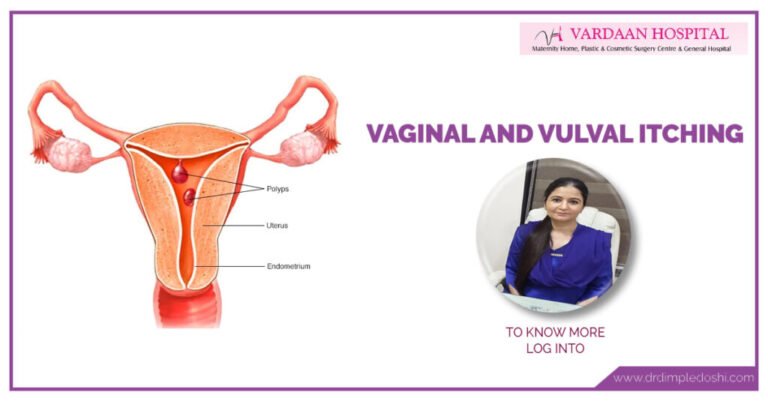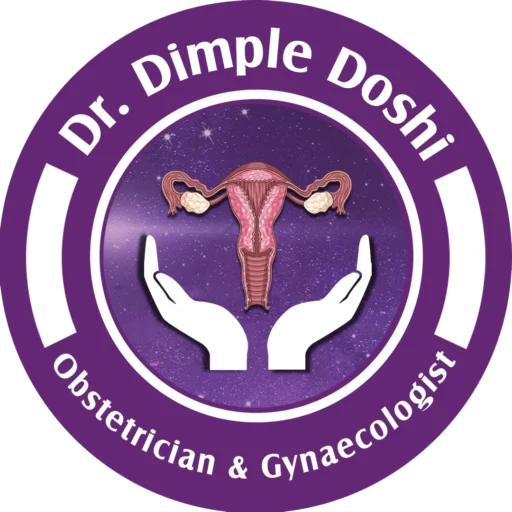
Vulval and Vaginal Itching Treatment in Goregaon West, Mumbai
Dr. Dimple Doshi (MBBS, MD, DGO)
Female Obstetrician and Gynecologist
27+ years’ experience
20,000+ surgeries completed
Are You Struggling with Constant Itching Down There?
- Is the itch in your private parts keeping you up at night?
- Do you feel uncomfortable during your daily routine, or embarrassed during intimate moments?
Vulval and vaginal itching can be more than just annoying—it can disrupt your life, affect your confidence, and make you constantly worry about hygiene or infections.
The good news? Relief is possible. With a personalized diagnosis and expert care by Dr. Dimple Doshi at Vardaan Hospital, Mumbai, you can stop the cycle of itching and discomfort—and prevent it from recurring.
Vaginal infections like yeast infections affect 3 in 4 women at some point. In India, this is a top concern for women visiting gynecologists. According to ISAPS Global Survey 2023, gynecology-related consultations for infections and irritation are rising, especially in urban areas like Mumbai.
